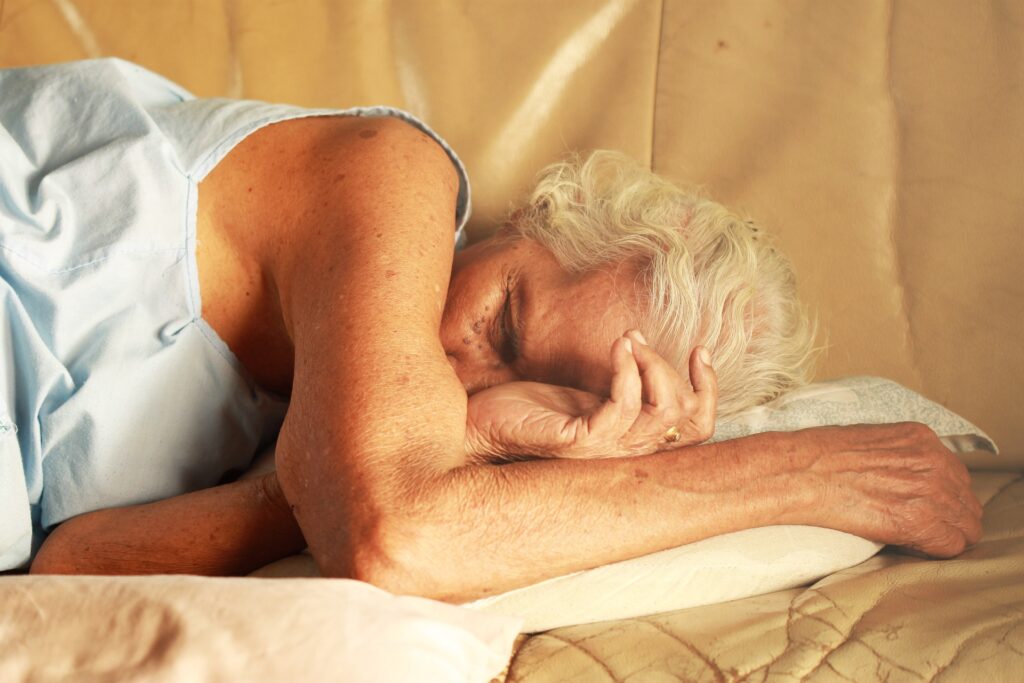
How Sleep Affects Your Health
As we age, our sleep patterns tend to change, and we may experience more difficulty getting a good night’s sleep. However, sleep is crucial for maintaining good health, and it’s essential for older adults to prioritize their sleep. In this article, we’ll explore how sleep affects your health, particularly in older adults.
The Importance of Sleep
Sleep plays a vital role in overall health and well-being. It’s during sleep that our bodies repair and restore themselves, allowing us to function at our best during waking hours. Not getting enough sleep can lead to a variety of health problems, including obesity, diabetes, heart disease, and depression.
How Sleep Changes with Age
As we age, our sleep patterns tend to change. Older adults may have difficulty falling asleep or staying asleep, and they may wake up more frequently during the night. This can lead to feeling tired during the day, and it can also increase the risk of falls and accidents.
There are several reasons why sleep changes with age. As we get older, our bodies produce less of the hormone melatonin, which helps regulate our sleep-wake cycle. Older adults may also be more likely to have medical conditions that can interfere with sleep, such as chronic pain, sleep apnea, and restless leg syndrome.
How Lack of Sleep Affects Health
Not getting enough sleep can have significant effects on your health, particularly as you age. Here are some of the ways that sleep deprivation can affect your health:
- Increased risk of falls: Lack of sleep can affect balance and coordination, making falls more likely.
- Memory problems: Sleep is essential for consolidating memories, and lack of sleep can lead to memory problems.
- Depression: Lack of sleep can contribute to feelings of sadness and depression.
- Cardiovascular disease: Sleep deprivation has been linked to an increased risk of cardiovascular disease, including high blood pressure and stroke.
- Obesity and diabetes: Lack of sleep has been linked to an increased risk of obesity and type 2 diabetes.
Tips for Getting Better Sleep
If you’re an older adult struggling with sleep, there are several things you can do to improve the quality of your sleep. Here are some tips:
- Stick to a regular sleep schedule: Try to go to bed and wake up at the same time every day.
- Create a sleep-conducive environment: Make sure your bedroom is dark, quiet, and cool.
- Avoid stimulants: Avoid caffeine, alcohol, and nicotine, especially in the hours leading up to bedtime.
- Exercise regularly: Regular exercise can help improve sleep quality.
- Get help if needed: If you’re struggling with sleep, talk to your doctor. They may be able to suggest treatment options or refer you to a sleep specialist.
Sleep is crucial for maintaining good health, particularly as we age. As an older adult, it’s important to prioritize your sleep and take steps to improve its quality. By doing so, you’ll not only feel better during the day but also reduce your risk of developing a variety of health problems.

Recent Comments